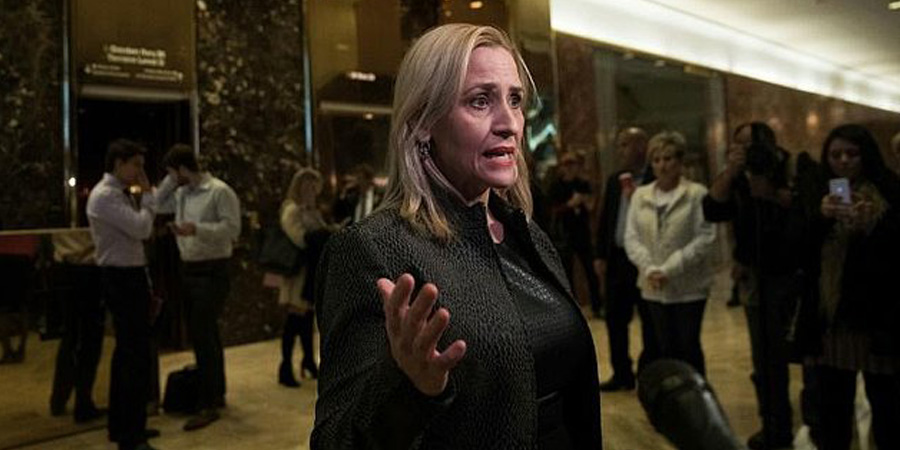
The US Supreme Court on Monday denied a last-minute request from Arkansas state authorities for permission to carry out its first execution in more than a decade.
The US high court decision is the latest in a flurry of legal setbacks to the southeastern state’s original plan to carry out eight executions between April 17 and 27, an unprecedented pace.
Justices declined an appeal from the state’s attorney general to lift a stay barring the execution of Don Davis, who was slated to be the first of several inmates to die this month.
The Arkansas Supreme Court on Monday had blocked the executions of Davis and one other inmate, after lawyers had requested the executions be delayed until the US Supreme Court hears a separate case concerning prisoners’ access to mental health experts who are independent of the prosecution.
But Arkansas Attorney General Leslie Rutledge swiftly filed an application with the US Supreme Court to obtain permission to proceed with the execution of just Davis.
As he awaited the court to decide his fate Davis ate fried chicken, mashed potatoes and strawberry cake — what could have been his last meal.
The US Supreme court’s denial of the state’s request came minutes before Davis’s execution warrant expired at 12:00 am local time (0500 GMT), wrapping up a day of legal wrangling among state and federal courts over the state’s accelerated execution plan.
– ‘An exhausting day’ –
The legal roadblock constitutes yet another setback for Arkansas’s Republican governor, Asa Hutchinson, who had pushed for the accelerated executions as the expiration of the state’s supply of midazolam drew near.
“While this has been an exhausting day for all involved, tomorrow we will continue to fight back on last minute appeals and efforts to block justice for the victims’ families,” Hutchinson said in a statement.
He said the state would continue towards carrying out the executions of the other inmates.
Hours prior to the US Supreme Court decision, state courts had lifted obstacles to continuing those plans.
The US Court of Appeals for the 8th Circuit on Monday reversed a federal judge’s broader stay on the executions, clearing the path for deaths scheduled to take place later this month to proceed.
The state’s Supreme Court on Monday also vacated an order blocking the use of the drug vecuronium bromide as part of a lethal-injection protocol.
– Drug expiration nears –
The drugs used in lethal injections by some American states — 19 of the 50 no longer execute prisoners — have become increasingly difficult to obtain. Many pharmaceutical companies, particularly in Europe, ban their use for executions.
While lethal injection was meant to be painless, death-penalty opponents say the risk of badly botched executions, with inmates writhing in agony for long minutes, is unacceptably high.
Arkansas’s plan to reduce the number of its death-row prisoners by some 20 percent in the space of a week and a half has drawn sharp protests around the world.
The European Union on Wednesday urged Hutchinson to commute the death-row inmates’ sentences.
Amnesty International called on Arkansas to urgently halt “the conveyor belt of death which it is about to set in motion.”
The court battles are playing out on multiple fronts as the state’s supply of midazolam expires on April 30.
Critics say that midazolam, a sedative meant to render a condemned person unconscious before other drugs are used to stop the heart, does not always work.
Some inmates have been left partly conscious, struggling for breath and writhing for nearly an hour before dying.
Lawyers for the condemned also say that the accelerated executions could take a severe toll on the small team of penitentiary employees who carry out the death penalty, and who have not had to do so for 12 years.
No single US state has held eight executions in 10 days since the Supreme Court reinstated the death penalty in 1976.



